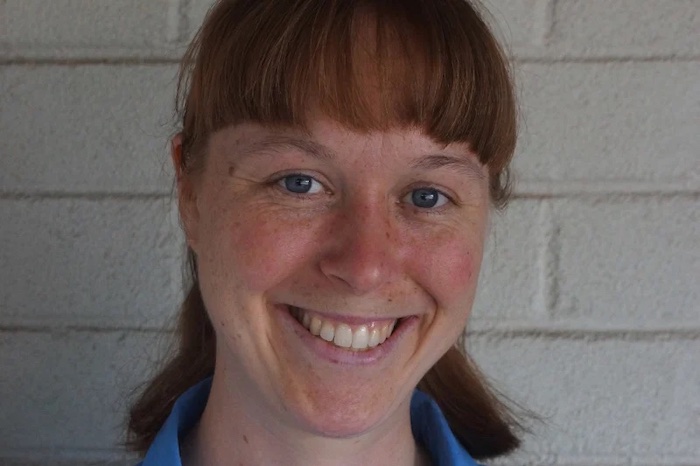
The Australian Catholic Church’s vote last week on the role of women in the church felt personal.
From when I was seven years old, I longed to commit my life in ordained ministry, and expressed this to my Archbishop at age 11. He responded, “There are many other things that women can do in the Church.”
Well, I am now 37, and have sincerely tried. I have been privileged to become a Sister of Mercy, youth ministry co-ordinator, pastoral worker, pastoral associate and chaplain. My whole employed life has been in the church, at the grassroots, on the margins.
However, ordination – which would allow women to serve in the ministry – is our official recognition and authorisation of this as a stable lifelong calling. This would allow us to perform weddings, funerals and baptisms, which have been shown to serve the most valued role for churches in Australian society.
Last week, bishops and representatives of the Australian Catholic Church concluded over four years of consultations in the highest form of church assembly with legislative authority: a Plenary Council.
At a time when the census shows that Catholics have decreased from 22.6 per cent to 20 per cent of the Australian population, the Council was to renew us in following Jesus, to reach out with hope, spirituality, ethics and justice inspired by faith. The 277 members listened to hundreds of thousands of Australians before voting on motions for a final document.
What started well turned into a crisis. On Wednesday, the two motions relating to “Witnessing to the Equal Dignity of Women and Men” did not receive a qualified majority from the bishops, whose votes count. Soon, worldwide news reported that more than 60 members stood up in shock.
The whole Council stalled. At that point I was starting to question my own humanity and the value of my baptism. Others I spoke to were pained, bruised and disillusioned.
One of the most controversial motions, it seems, was the potential ordination of women to the diaconate. Across the Christian world, there has been a revival of permanent deacons, to complement bishops and priests in ordained ministry. Here, women deacons exist in the Anglican and Uniting Church, among others.
Evidence shows that women were ordained as deacons until the 12th century. Strangely, however, we heard no reason why some voted against reinstituting this possibility. Women like me can only imagine why our participation might be unwelcome.
Is it a fear of women, or our “impurity” that prevented us from serving on the sanctuary? Is it the 13th-century legal phrase: “the impediment of sex”? Or is it that there are many available lay ministries and we don’t need to “clericalise women”?
That last one hits hard. What I already do appears very similar to the ministry of a deacon. I am not asking for power, but to better serve people’s spiritual needs, and to open more ministry pathways for future generations of Catholics. Furthermore, I want to acknowledge and appreciate many other callings, including parents, consecrated, priests, educators, evangelists, catechists, administrators and lay ecclesial ministers.
When the entire permanent diaconate flourishes – men and women – everyone should be encouraged and empowered in their own vocations. In ordaining women, bishops would gain ministerial security and oversight, firmly within the tradition of the Church. Compared with less biblical and historical options, this is quite a conservative ministry proposal.
Last Friday at the Council, a redeveloped set of motions finally passed. While parts were toned down, the final document tentatively states that, “should the universal law of the Church be modified to authorise the diaconate for women, the Plenary Council recommends that the Australian Bishops examine how best to implement it in the context of the Church in Australia”.
After an unexpectedly emotional week, I am actually excited. Since the 1960s, four Vatican Commissions have studied the question of women deacons, without conclusion. However, journalist and Vatican expert, Christopher Lamb, says that Pope Francis expects change to happen from the ground up. That is, if a consensus is formed at the grassroots in local church assemblies, only then will he, or a future Pope, move forward.
So I am praying that our voices reach the local and international level. That we model a Church where there is “no longer male and female; for all of you are one in Christ Jesus”. (Gal 3:28)
That we serve the needy and challenge the comfortable. And I would like to thank everyone who is sharing this conversation, now and in the future.
Complete Article ↪HERE↩!
